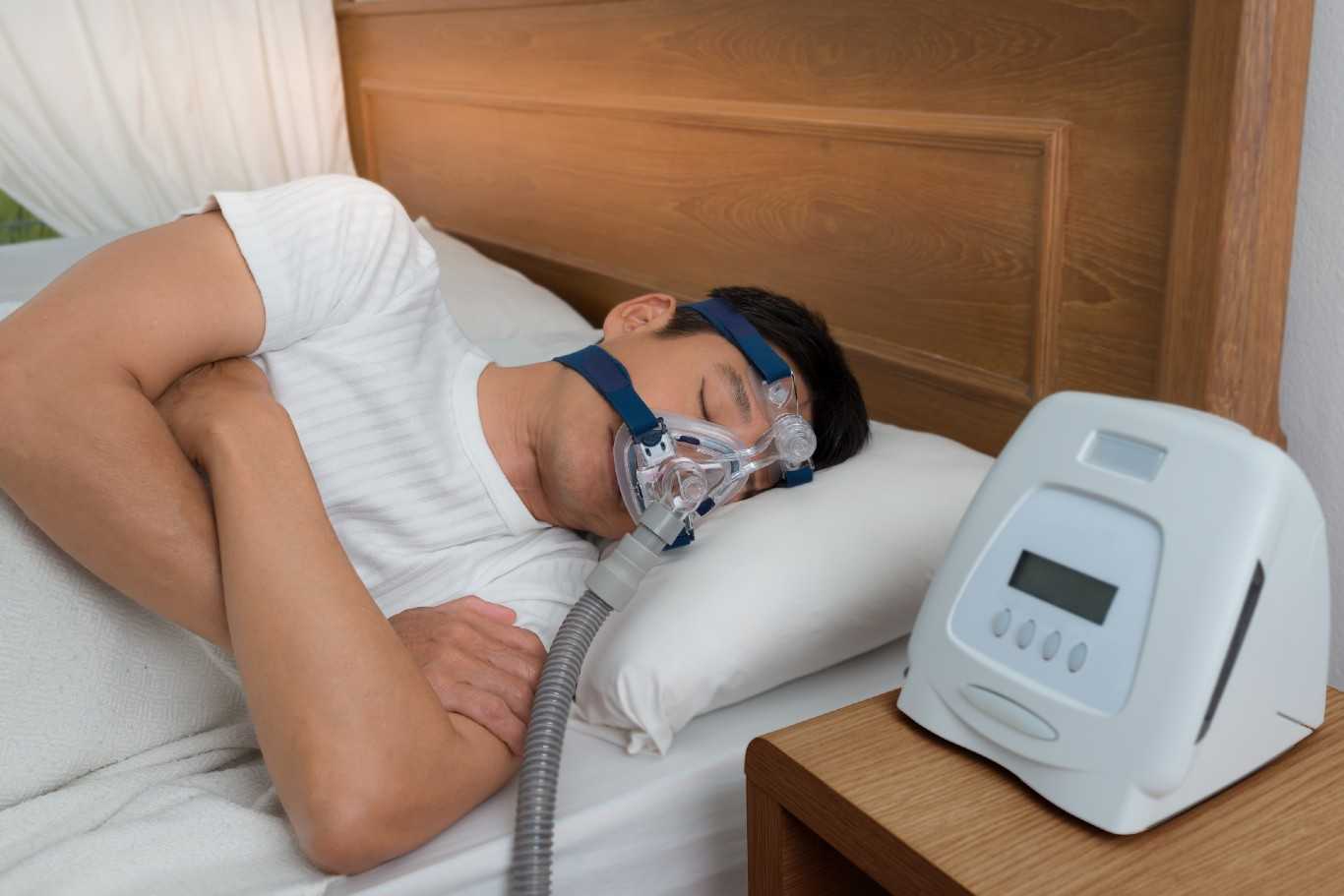The Relevance of Counseling in Addressing Sleep Disorders and Encouraging Mental Health
Reliable monitoring of sleep conditions is crucial for maintaining total psychological health, and therapy plays a pivotal duty in this process. With therapy, people can check out the root causes of their rest concerns, develop coping techniques, and learn leisure strategies to promote better sleep health.

Understanding Rest Disorders
Understanding sleep disorders is critical in order to attend to the underlying sources of interfered with sleep patterns and improve overall well-being - cognitive behavioral therapy for insomnia (CBT-I). Sleep problems encompass a series of conditions that affect the top quality, timing, and duration of rest, leading to troubles in falling asleep, remaining asleep, or experiencing restful sleep
One common kind of rest condition is sleeplessness, identified by trouble keeping or initiating sleep. This can arise from numerous aspects such as anxiety, stress and anxiety, or inadequate sleep habits. One more widespread sleep condition is rest apnea, where breathing continuously quits and begins during sleep, leading to bad oxygenation and fragmented rest. Troubled legs syndrome, narcolepsy, and parasomnias like sleepwalking are also amongst the many rest conditions that can significantly impact an individual's sleep top quality and daily performance.
Duty of Therapy in Therapy
Addressing rest disorders with therapy is a necessary component of comprehensive therapy plans aimed at enhancing both sleep high quality and psychological health. Therapy plays a critical duty in the treatment of rest disorders by aiding people determine and deal with underlying mental aspects that may be adding to their rest disturbances. Through therapy, people can explore and fix issues such as anxiety, anxiousness, clinical depression, trauma, or various other psychological wellness concerns that can substantially influence rest patterns.
Counseling additionally supplies individuals with methods and strategies to improve rest health, manage anxiety, and control emotions, all of which are necessary for promoting healthy sleep behaviors. With the guidance and support of an experienced counselor, individuals can make purposeful adjustments that lead to much better rest and total psychological health.

Approaches for Better Rest
Reliable administration of rest disorders necessitates the implementation of sensible strategies customized to individual requirements and situations. If sleep difficulties linger, maintaining a sleep diary to track routines and patterns can supply important insight for further treatment. By integrating these techniques into day-to-day routines, individuals can enhance the quality of their rest and general psychological health.
Influence of Sleep on Mental Health

Study has actually revealed that insufficient or interfered with rest can adversely impact neurotransmitter levels, specifically those relevant to mood guideline, leading to raised irritation, reduced durability to stress and anxiety, and a greater chance of establishing psychological health and wellness disorders. Additionally, chronic sleep deprivation can impair cognitive feature, memory consolidation, and decision-making procedures, further aggravating psychological health and wellness challenges.
Consequently, resolving sleep disturbances with therapy and implementing approaches for much better sleep health is necessary in advertising Clicking Here psychological wellness. By boosting rest high quality, people can positively affect their mental wellness, improving their ability to manage everyday stressors and preserve psychological balance.
Advantages of Therapy for Wellness
Therapy for wellness acts as a valuable source for people looking for to improve their psychological and mental health with specialist guidance and support. One of the primary benefits of therapy is the chance it attends to individuals to discover their thoughts, sensations, and habits in a private and safe environment. By collaborating with an experienced specialist, people can additional reading acquire a far better understanding of themselves, identify locations for individual growth, and develop coping methods for taking care of tension and obstacles.
Furthermore, therapy can help individuals boost their communication skills, build much healthier relationships, and improve their self-esteem and positive self-image. With routine sessions, people can discover to identify unfavorable patterns of assuming and actions, obstacle unreasonable ideas, and create even more adaptive and positive methods of acting and believing.
In addition, therapy can play a critical function in advertising total wellness by dealing with underlying problems that might be contributing to psychological wellness worries such as anxiety, anxiety, or rest disorders. By addressing these concerns proactively, individuals can experience improved psychological health and wellness, better rest top quality, and a better feeling of general health.
Conclusion
To conclude, counseling plays a crucial role in addressing sleep disorders and promoting mental health. By recognizing sleep disorders, utilizing counseling in treatment, applying approaches for much better sleep, and recognizing the effect of rest on psychological health and wellness, people can experience better total wellness. Counseling offers numerous benefits for psychological wellness and health, making it a crucial element in the management of rest disorders and the promotion of psychological sleep terror treatment wellness.
Another widespread rest problem is rest apnea, where breathing consistently quits and starts during sleep, leading to bad oxygenation and fragmented rest.Dealing with rest problems with counseling is an essential element of thorough therapy plans aimed at enhancing both sleep high quality and psychological health.The affiliation in between effective monitoring of sleep disorders and mental wellness underscores the considerable influence that sleep high quality can have on a person's psychological health and wellness. When rest is jeopardized, either due to sleep problems or bad sleep habits, it can lead to a range of psychological health and wellness concerns such as anxiety, depression, mood disturbances, and problem in coping with tension.
By comprehending sleep conditions, using therapy in therapy, executing approaches for better sleep, and identifying the effect of rest on mental health, people can experience better overall wellness.